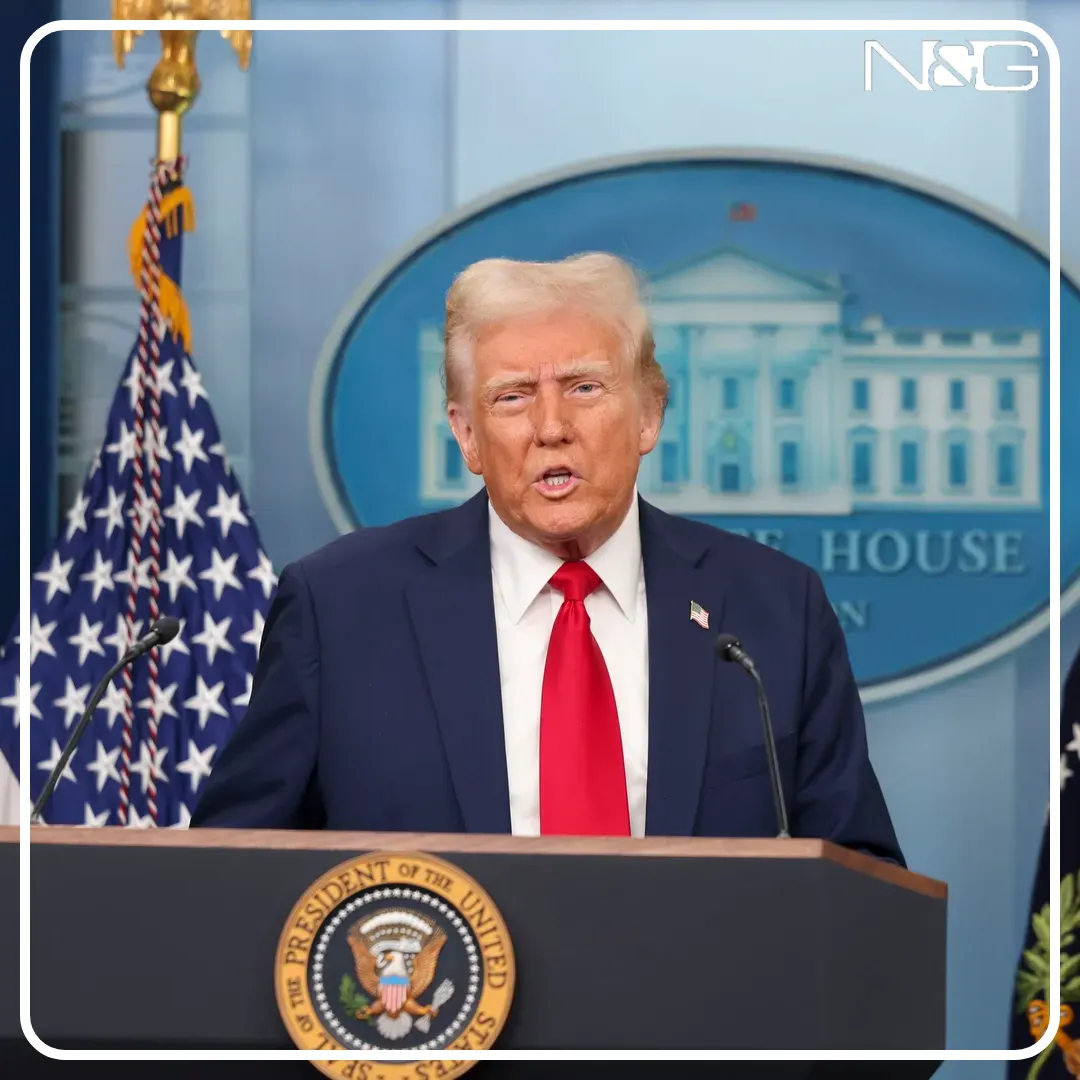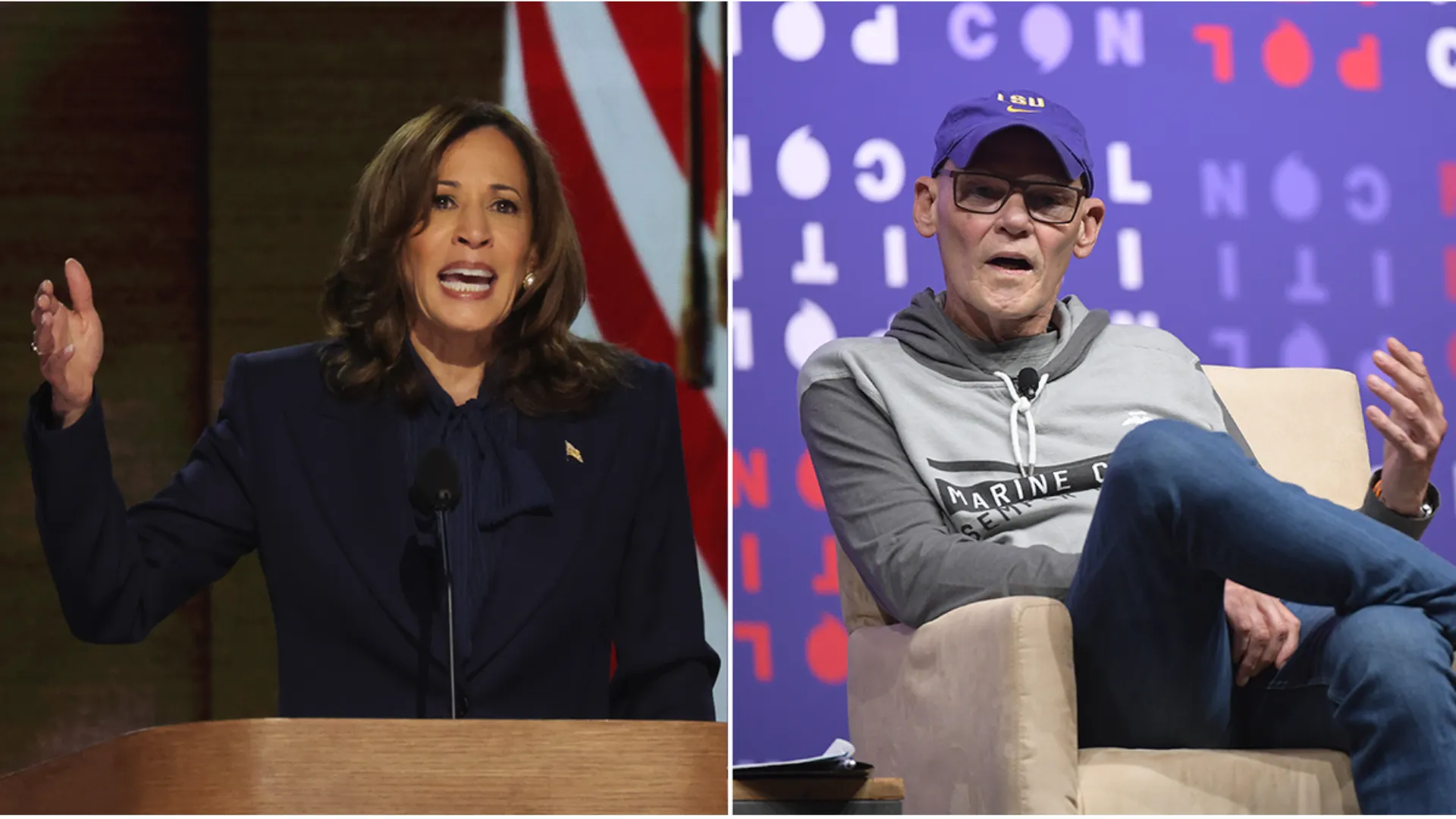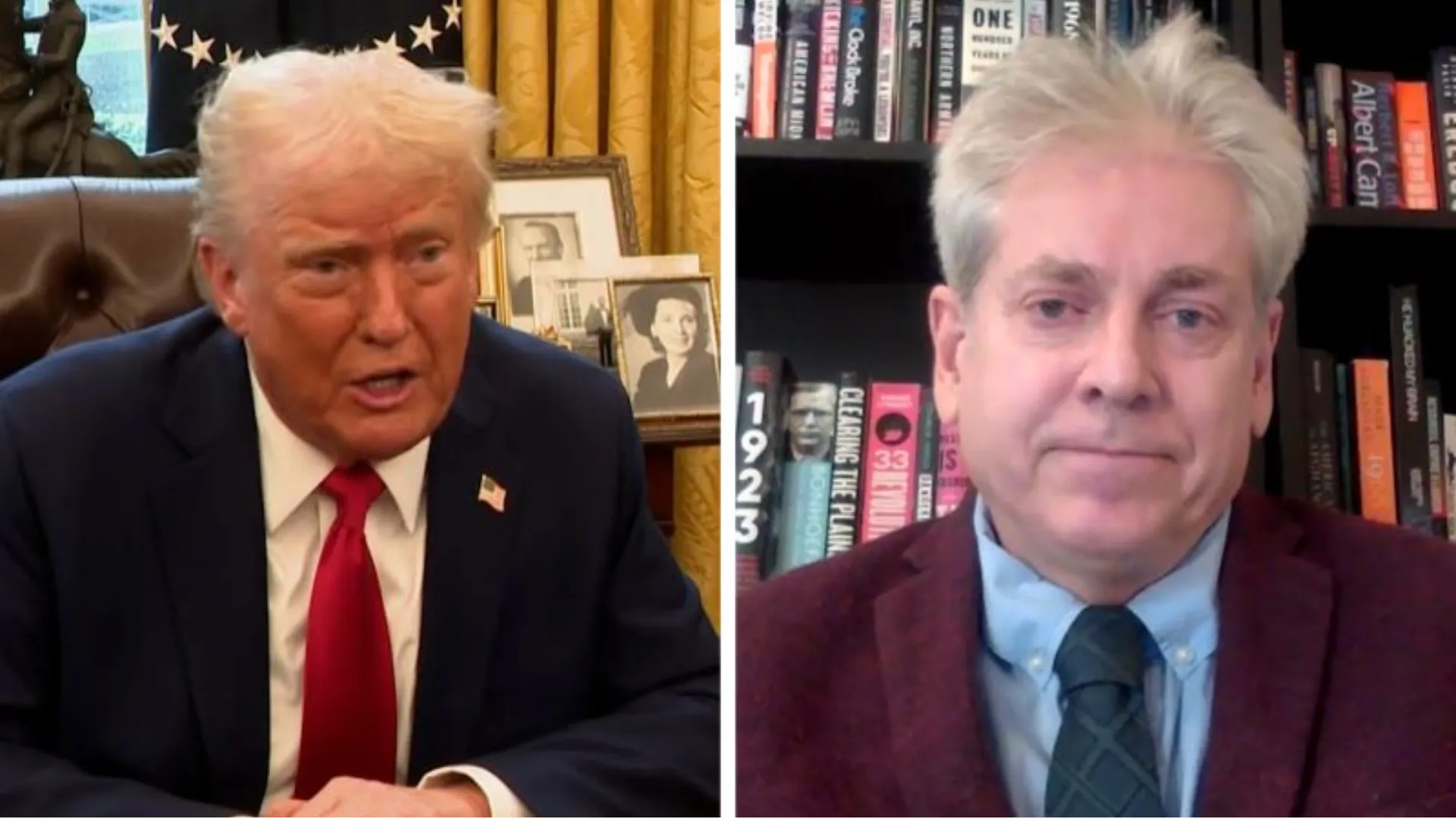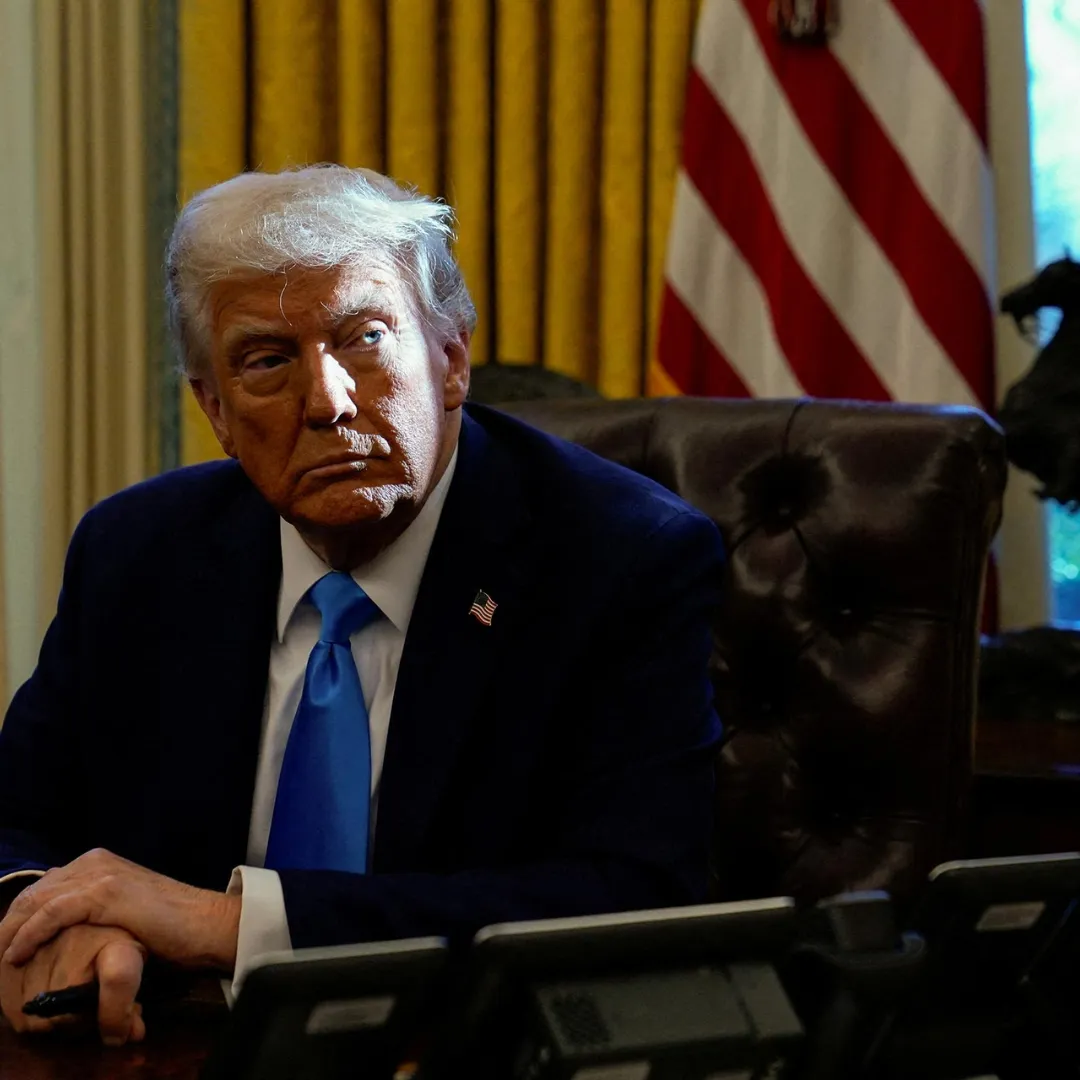
Former President Donald Trump recently intervened to prevent Elon Musk from attending a classified Pentagon briefing focused on U.S. military preparations in the event of a conflict with China.
The decision, made shortly after news of the planned meeting was leaked to the media, highlights internal tensions within Trump's inner circle over national security access and corporate ties to foreign governments.
Musk, CEO of Tesla and SpaceX, was scheduled to be present at a top-level defense briefing held at the Pentagon on March 21. The meeting was originally intended to cover sensitive topics, including possible U.S. strategies in the case of military escalation with China.
However, Trump swiftly acted to revoke Musk’s access after reports of the planned meeting surfaced in the press. “What the f--- is Elon doing there? Make sure he doesn’t go,” Trump reportedly told aides after being informed of the situation.
While the meeting proceeded with Defense Secretary Pete Hegseth as scheduled, officials confirmed that China was no longer part of the agenda. Musk did attend a portion of the meeting, but discussions were deliberately kept away from topics involving potential conflict with Beijing.
The former president attempted to discredit reports about the meeting in a public statement posted the day before the event. “They said, incorrectly, that Elon Musk is going to the Pentagon tomorrow to be briefed on any potential ‘war with China,’” Trump wrote.
“How ridiculous? China will not even be mentioned or discussed. How disgraceful it is that the discredited media can make up such lies. Anyway, the story is completely untrue!!!”
Following the meeting, Trump elaborated further, stating that Musk’s international business ties—particularly those involving China—were a significant factor in the decision to exclude him from the sensitive briefing. “I certainly wouldn’t want, you know—Elon has businesses in China, and he would be susceptible, perhaps, to that,” he told reporters during a press interaction. “But it was such a fake story.”

The reversal on Musk’s attendance has sparked conversations inside Washington about where lines should be drawn when private citizens and business leaders are brought into the sphere of national security.
Although Musk is considered one of Trump’s favored allies in business and technology, multiple officials said there were limits to that trust, especially when it came to classified defense operations.
“POTUS still very much loves Elon, but there are some red lines,” one official said. “Elon has a lot of business in China and he has good relations there, and this briefing just wasn’t the right thing.”
Tesla’s large manufacturing presence in Shanghai and its deepening relationships with Chinese regulators and financiers have long been viewed as strategic vulnerabilities.
Despite being an American icon of innovation and entrepreneurship, Musk’s significant financial interests abroad have sometimes led policymakers to question where his loyalties may lie in a high-stakes geopolitical scenario.
The canceled China portion of the briefing also led to internal fallout at the Department of Defense. Defense Secretary Pete Hegseth reportedly suspended two Pentagon officials in connection with an ongoing investigation into the leak that initially revealed the meeting to the media.
The source of the leak remains under review, but its impact has been immediate, shifting the scope of the meeting and prompting a reassessment of how future briefings are secured.
For Musk, the incident underscores the complex role he plays at the intersection of business, technology, and national defense. While his aerospace company SpaceX has secured billions in contracts with the U.S. government—including sensitive military satellite projects—his expanding footprint in global markets, particularly in China, has drawn increasing scrutiny.

The blocked briefing raises broader questions about the informal but influential relationships that Trump has cultivated with prominent business figures. Musk has previously enjoyed an open line to the former president, participating in advisory roles and appearing alongside Trump at public events.
But as national security considerations grow more urgent, especially involving nations like China and Russia, those relationships are beginning to face new constraints.
National security analysts have pointed out that business leaders who maintain operations in authoritarian regimes can become inadvertent conduits for foreign influence, even without ill intent. In the case of Musk, his dependence on Chinese manufacturing, supply chains, and consumer markets makes him a potential risk in conversations involving strategic military planning.
“Elon Musk is an enormously powerful and innovative figure, but he also has massive exposure in China,” one analyst said. “That doesn't mean he’s compromised, but it does mean that we need to be extremely cautious when it comes to national security clearances and briefings.”
For Trump, the decision to block Musk’s attendance may also be a reflection of his sensitivity to media narratives and the need to control perception within his base. Once news of the planned China-related briefing leaked, Trump’s public denial and distancing from the story appeared designed to reinforce the image of a strong leader who doesn’t allow outside influence in national defense matters.
In contrast, Musk has remained relatively quiet on the matter, offering no public comments about the incident or the shift in briefing content. His companies continue to maintain close working relationships with both the U.S. government and Chinese authorities, a balancing act that has become increasingly difficult as tensions between the two nations escalate.
The decision also places new attention on how future presidential administrations might navigate the relationship between influential corporate figures and statecraft. Musk’s unique role in space exploration, artificial intelligence, and defense-related innovation puts him at the center of critical discussions, but the question remains whether individuals with dual national dependencies can be fully trusted with the most sensitive government information.

Pentagon insiders say the incident has already led to an internal review of protocols regarding who can be invited to national security meetings. While private sector cooperation is essential in many defense initiatives, especially in areas like cybersecurity and aerospace, officials are looking for clearer guidelines to avoid situations where business ties could pose a risk to national interests.
Meanwhile, the identity of the person or persons who leaked the original information about the meeting remains unknown. Secretary Hegseth’s internal investigation is ongoing, and disciplinary action is expected if wrongdoing is found.
The leak not only forced a last-minute change in the meeting’s agenda but also led to public confusion and heightened tensions between the White House, the Pentagon, and the press.
As the dust settles, the story has left lingering implications for the future of government-industry relations, particularly when global conflict is a central issue. It also illustrates the challenge of balancing innovation and entrepreneurship with national security concerns in a world where private influence often extends into the highest levels of political decision-making.
Though Trump remains an outspoken supporter of Musk, the decision to draw a boundary around access to defense briefings suggests that even the strongest business alliances have limits when weighed against matters of national interest. As the U.S. continues to prepare for an increasingly uncertain global future, those lines may become more clearly drawn—and more frequently tested.



